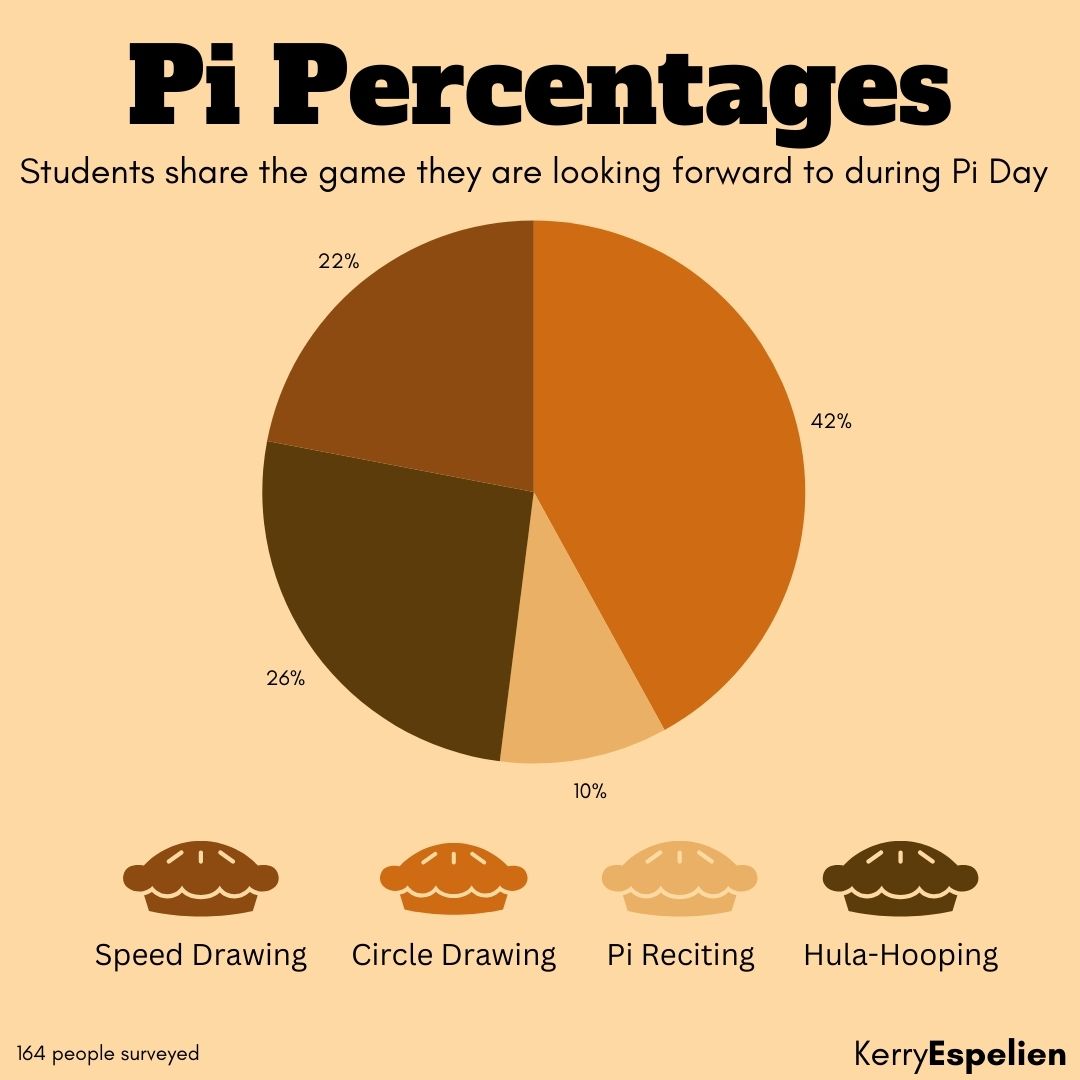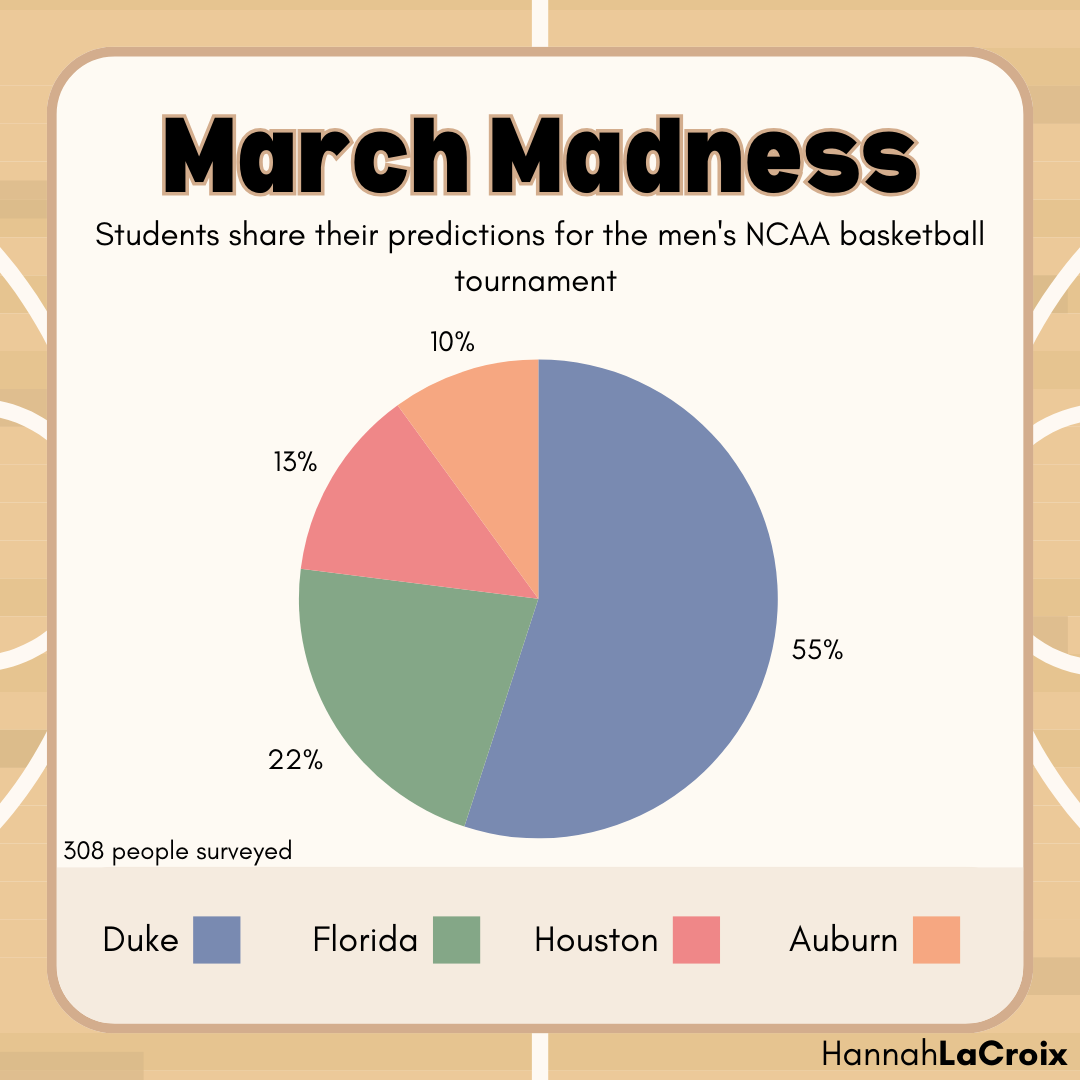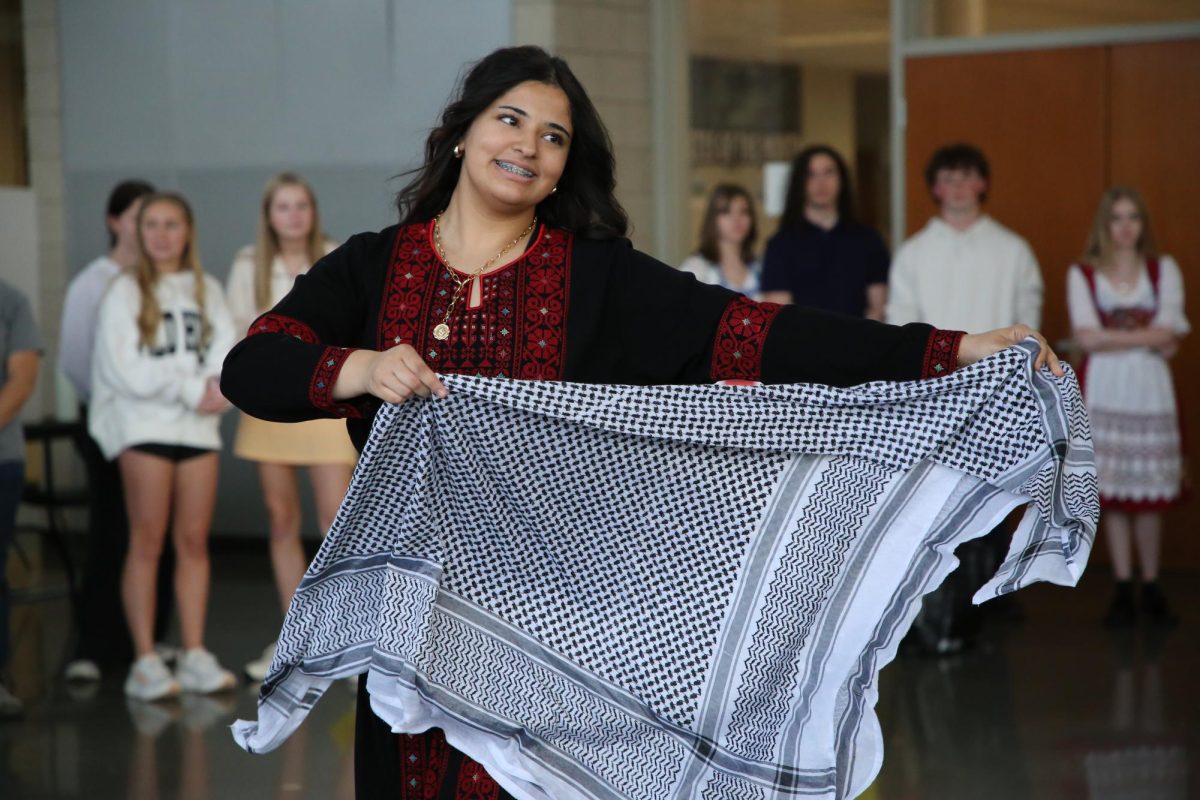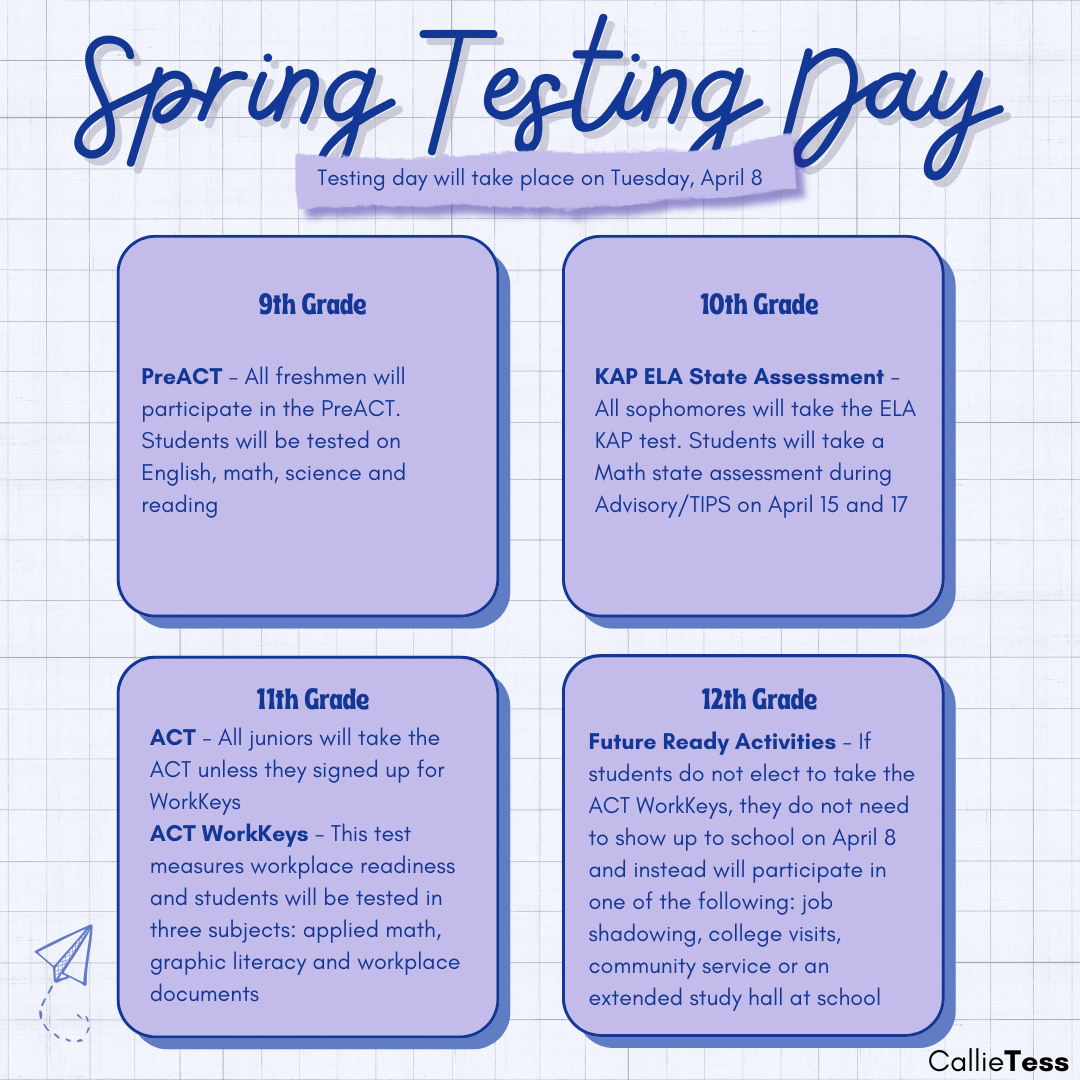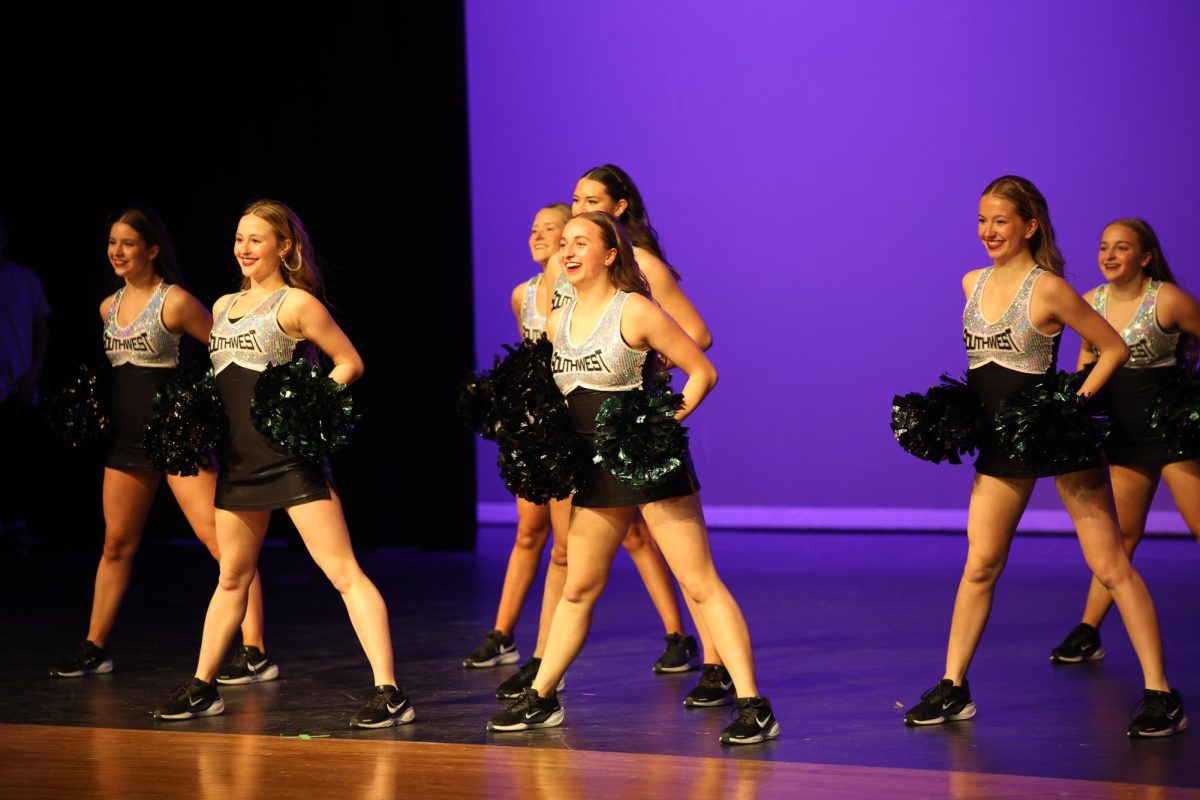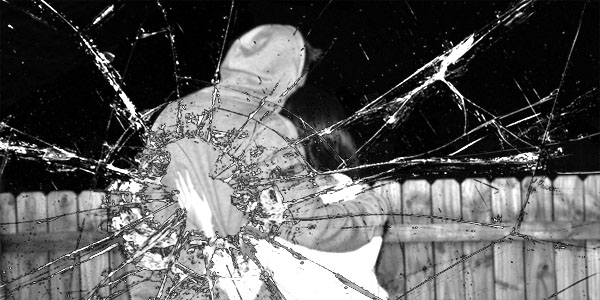
 They met at a party. It was that stereotypical and clichéd love at first sight encounter. After a brief interaction, the two decide their love for each other requires getting married within 24 hours’ time. Some events occur which require them to be separated and when this separation becomes permanent, they ultimately commit suicide.
They met at a party. It was that stereotypical and clichéd love at first sight encounter. After a brief interaction, the two decide their love for each other requires getting married within 24 hours’ time. Some events occur which require them to be separated and when this separation becomes permanent, they ultimately commit suicide.
“It’s the ‘ultimate romantic story,’” counselor Kristi Dixon said. “[But] it’s just not. Had they actually spent a whole four seasons together, they might have decided they hated each other. In the meantime, they got married and died.”
The story to which Dixon is referring is William Shakespeare’s classic “Romeo and Juliet.” It was written over 400 years ago, and, to this day, is considered a romantic tragedy. In actuality, how the story is told through building a relationship off of the belief that one can’t survive without the other is a sign of an abusive relationship.
“Romeo and Juliet” is just one example in the media. Another more recent one is “Twilight” by Stephenie Meyer.
“Twilight” tells the story of a girl who falls in love with a vampire. There are many dangers within their relationship since her boyfriend wants to kill her, but the abusive aspect is each one believes he or she cannot live without the other.
“It’s totally okay to ask my boyfriend to kill me so we can be together forever,” Dixon said. “[We have] ideas of what relationships are supposed to be. Sometimes the ideas that we’re taught are twisted and really wrong.”
An unhealthy relationship occurs when either a boyfriend or girlfriend exerts power and control over his or her dating partner. This is not limited to physical violence but also encompasses a series of behaviors including extreme jealousy or possessiveness. Dixon thinks this occurs over time.
“Dating abuse is a process,” she said. “People that are abusive are master manipulators. They are really good at this whole psychological game.”
On the guy’s spectrum, it’s a matter of constantly needing to be aware of where his girlfriend is. He’ll incessantly text or call and then get upset when his girlfriend does not spend time with him.
“It’s interpreted, as ‘I just love you so much I miss you,’” she said. “’I was thinking about you. We’re a couple I should always know where you are.’”
Dixon says that girls, on the other hand, are more likely to want to be in control in a relationship. This includes being upset about whom her boyfriend is talking to and, as a result, manipulating his friendships.
“Jealously is not a sign of love,” Dixon said. “It’s a sign of ownership.”
Many of these unhealthy relationships are traced back to how kids are taught about love and intimacy.
“We socialize all of our kids from a really young age to think that relationships have to be complicated in order for them to be real,” Dixon said. “There are discussions and disagreements, and it’s healthy. It’s not healthy to have knockdown all-out screaming matches. It doesn’t have to be you and me against the world.”
There’s also an emphasis on the dramatic aspect of dating.
“We do such a disservice [to kids] because you are taught at a young age that, in order for a relationship to be valid and real, it has to be full of drama and strife and all of this awkward stuff,” Dixon said. “It doesn’t have to be that difficult.”
As a result, this misconstrued idea of what a relationship is supposed to be can interlace itself with unhealthy, even abusive relationship behaviors, and thus be ignored. The results of unhealthy relationships can lead to situations of abuse.
Once that threshold is crossed, a whole new set of problems arises, especially when the victims don’t talk.
“First of all, shame unfortunately exists,” coordinator of advocacy services at MOCSA Jessie Funk said. “There are really strong feelings of guilt or blame when that’s further from the truth. There’s a lot of victim blaming. Lots of people also may not come forward for fear of safety, like if you told anyone you might be harmed. Or, he/she may just be embarrassed.”
Funk started working at MOCSA (Metropolitan Organization to Counter Sexual Assault) after volunteering in other domestic violence organizations in high school.
“I have a strong commitment to providing support and awareness to an issue, especially in relationships to sexual and domestic violence,” Funk said. “No one should have to go through this experience alone. People receiving more support and positive reaction end up, often times, going through a better and faster healing process. Sometimes we can find PTSD or psychological distress.”
Many people, especially in high school, believe that these sorts of problems only arise in the adult world. This is not the case.
“Important thing is, that if you look at that situation and trace it back, you realize there’s a pattern that was established years ahead of time,” Dixon said. “Even in high school.”
High school does include Southwest.
“At Southwest I see boys and girls who don’t recognize what they deserve,” Dixon said. “Or, they have low expectations for themselves. Therefore, relationships kind of follow that path. So if you are not feeling good about yourself and you meet somebody who at first makes you feel good, who tells you you’re wonderful, smart and beautiful [it seems right].”
Students agree that these incidents exist.
“They [abusers] don’t realize that what they’re doing is abusive because they never talk about it,” junior Calvin Dahms said. “They don’t know that the partner views it that way. There is a lack of communication and understanding. The person being abused needs to speak up.”
Though the current circumstance may seem minor, there can be lasting effects.
“It really has to be the decision of the victim to speak up,” Funk said. “It’s a personal decision that will affect his or her life, and he or she shouldn’t be pressured to do so.”
Dixon thinks victims should seek help.
“It’s one thing to find yourself in a situation and go ‘holy crap’ and then you ask for help,” Dixon said. “Get support. Do your best to extricate yourself. It’s another thing to find yourself in a situation and think ‘this is where I’m comfy.’ [If you] grow up with enough drama, get comfy with drama, and [then] not having it starts to feel really strange.”





